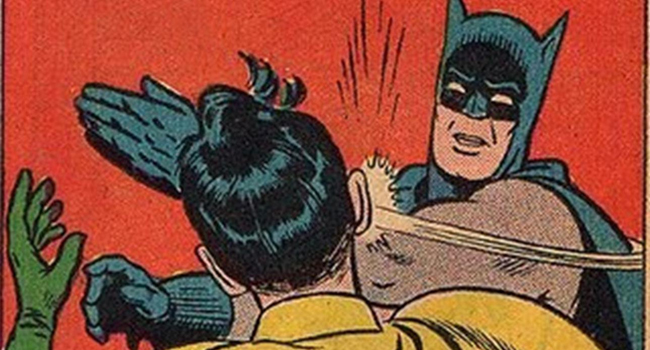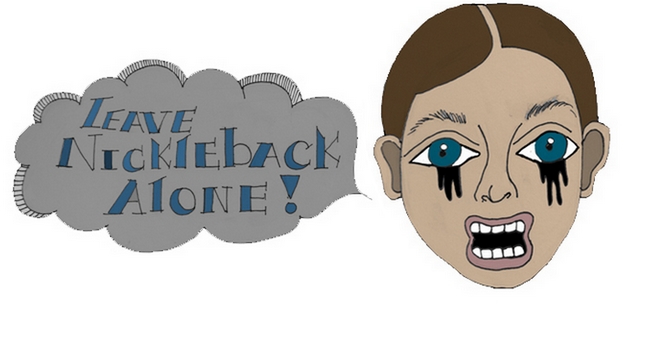She was pretty, in a plain, girl-next-door kind of way. Her songs were pretty too. And for a while, it was enough. Lizzie Grant got by, living in a trailer park; working the coffee shop circuit, sending tapes out to record labels. Just waiting for someone to take notice. It had to be only a matter of time. People don’t ignore voices like hers. They just don’t. Right?
Well, they did.
Following the release of her unanimously ignored three-track EP (2010’s Kill Kill), 22-year-old Grant fell off; her name all but disappearing from the minds of New York’s music scene.
Amazing what two years and a troupe of managers can do. Twenty-four months later, little Lizzie Grant came back with a vengeance, and a flashy moniker to boot: “Lana Del Rey.” Miss Grant had been overhauled: Bigger hair, bigger eyes, bigger lips, bigger voice. Bigger name. Her new persona would be perfect; calculated to a T. Not only would it feed off of the current indie obsession with ’90s culture (old school hip-hop, grunge fashion, “Blue Jeans”), but also its obsession with the ’60s—the decade where “cool” arguably began.
http://www.youtube.com/watch?v=HO1OV5B_JDw
LDR first shot into notoriety this summer with the YouTube success of “Video Games.” The track: a hazy story of 21st century love, unrequited. The video: a “self-edited” mix of grainy webcam shots, samples of drug-addled movie stars, and a heaping dose of glamorous mid-century nostalgia. In four minutes and 52 seconds, Lana Del Rey single-handedly checked off every bullet point on the alternative wish list.
Cue the blogosphere explosion.
Suddenly, Lana Del Rey is everywhere; dancing on the front cover of music magazines and selling out shows left and right. Publicists billed her as “Lolita from the hood,” or “Gangster Nancy Sinatra.” Soccer moms, music elitists and journalists (ahem) were hooked. And how could they not be? Lana Del Rey was the sexiest thing to hit the industry in a long time. She had it all; the smoky voice, the nostalgia obsession to rival Zooey Deschanel’s, and damn, those lips.
But then the rumors started to surface: the lips? Collagen. The videos? Manufactured. And her trailer park past? True or not, turns out daddy has some seriously deep pockets. Her entire image had become falsified. Inauthenticity: the alt-bro kiss of death.
Blogosphere explosion, take two.
Devotees felt betrayed. Lana Del Rey had broken rule number one of the “alt” commandments—she sold out. Passing on individuality and artistic integrity in favor of a corporately-constructed character and a chance at the big leagues. And yet, Lana Del Rey was still “cool.”
How is that possible? She was unapologetically breaking the “alt” law, and getting away with it. The idea that a defining force in indie culture could be controlled by the 1 percent was not only disturbing, it was heartbreaking. They were tricked. By corporate America.
Ironically, with her pin-up gaze, pouty lips and screen siren stage name, Lana Del Rey is exactly what an industry so helplessly devoted to being ‘different’ has been waiting for—a walking contradiction. And apparently the record labels knew. What could be more alternative in a DIY, organic-obsessed world than collagen and a heavy wallet?
But looking at the success of “Video Games,” it would be difficult to argue that their strategy failed. On Aug. 3 Pitchfork named it Best New Track and to date, the video has raked in more than 8 million hits. So maybe this is where the music industry is headed. The “final indie frontier,” if you will. A place where corporate giants dictate “cool” and the 99 percent have it spoon-fed. Maybe we’re predictable. A little bit of Cat Power, stir in some Jim Beam, throw on a bouffant, and poof!, Instant success. So what’s an insulted and confused indie-fan to do? Occupy record labels? Occupy Pitchfork?
Meanwhile, Lana Del Rey continues to exhibit the kind of annoyingly forced naïveté not seen since Britney Spears claimed there was nothing provocative about a teenager dancing around in a Catholic schoolgirl uniform and blonde pigtails. But like diehard tweeny-boppers, we still hang on.
And this is what makes Lana Del Rey (or her handlers) smarter than you, and this is why you cannot stop her. She is “cool’ because she isn’t; she is ‘alt’ because she is mainstream; and she is succeeding because she shouldn’t. In short, Lana Del Rey is that girl from high school you love to hate. It is by the corporate machine that her unique brand of falsity was born, and it is by that same machine that she will die.
And it is because of her unwavering committal to this role that we’ll be there until the end.



